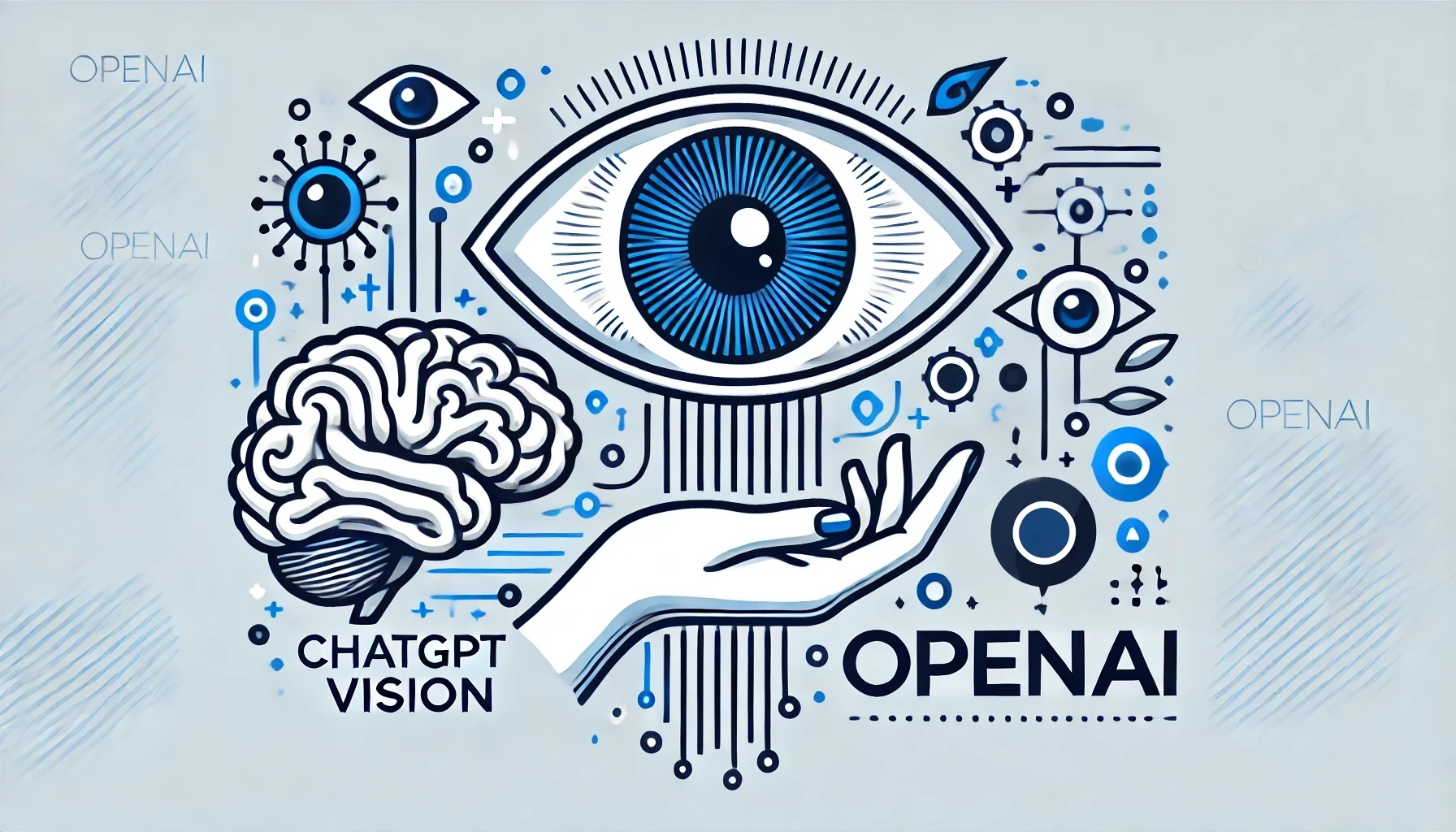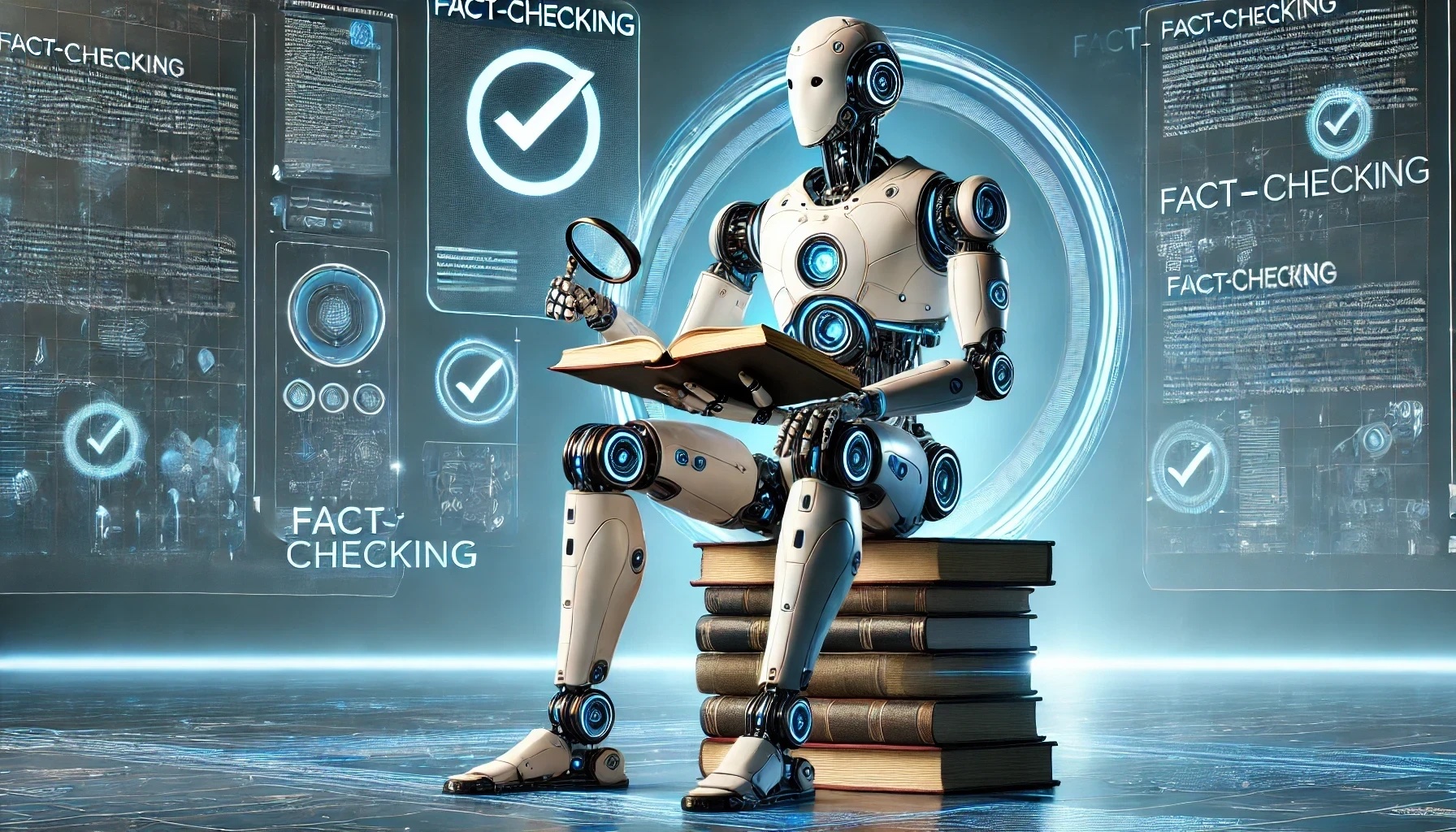Signs Your Content Was Generated by AI
Generated by AI? It’s getting harder to tell! As AI writing tools become more advanced, it’s sometimes tough to distinguish between a real human writer and a computer. Learning to recognize AI-generated content is more important than ever. Here are 10 tell-tale signs of machine-made content.
Sign #1: It Sounds Like Everyone Else
Ever get that feeling of déjà vu while reading? AI often falls back on clichés and overused phrases because it learns by analyzing massive amounts of existing writing. If an article sounds like it was assembled from a bunch of generic building blocks, there’s a good chance it was.
Sign #2: Zero Spark or Fresh Ideas
While AI can produce competent writing, it still struggles with genuine creativity. If an article fails to offer mind-blowing insights, a unique perspective, or anything that makes you pause and go “huh!”, then it might lack that special human touch.
Sign #3: Wait, Does That Even Make Sense?
Computers aren’t always great at understanding the nuances of logic. AI can muddle complex ideas, misinterpret facts, or present arguments that seem to jump to conclusions out of nowhere. A confusing or contradictory article could definitely be a sign of AI authorship.
Sign #4: The Shocker! Content Generated By AI Can Be Seriously Wrong

This is the biggie. AI can get things spectacularly wrong, particularly if it was trained on unreliable data. An article claiming the Earth is flat, promoting outdated medical advice, or spouting statistics from decades ago is a major red flag. If something seems fishy, don’t just accept it – fact-check! Trust your gut and verify questionable claims.
Sign #5: Where’s the Human Touch?
Our writing reflects who we are. It can be funny, passionate, even a bit grumpy sometimes! AI struggles to replicate this emotional range. A totally neutral, impersonal article is a possible sign of a computer writer.
Sign #6: Formatting Nightmares and Weird Words
Even the smartest AI can stumble with the basics. Keep an eye open for strange formatting choices, sentences that seem to run on forever, or vocabulary that just feels…off. These hiccups can betray a less-than-human writer.
Sign #7: It Feels Too Perfect
Ironically, overly perfect writing can sometimes be a giveaway. Humans make mistakes – minor typos, the occasional misplaced comma. If an article reads flawlessly, with absolutely zero errors, it might be worth a closer look.
Sign #8: Suspiciously Speedy Creation

Got an urgent assignment and see a perfectly written, in-depth article pop up on that topic the next day? While not impossible for a human, it’s highly suspicious. AI can crank out content at lightning speed, making it a prime suspect for quickly published pieces.
Sign #9: Lack of Author Details or Credentials
Reputable human writers usually want credit for their work and are proud to display their credentials or bylines. If you see a well-written article with no author information or a generic-sounding name attached, the AI alarm bells might start ringing.
Sign #10: Evasive Answers About Origins
Let’s say you’re curious and ask the “author” directly if the article was AI-generated. If you get vague, noncommittal answers or outright silence, that’s a strong indicator the piece wasn’t born of human creativity.
So, Why Does This Matter?
The problem with generated by AI content extends beyond just bland writing. Imagine political campaigns flooding social media with fabricated but believable “news” articles designed to sway your vote. Or, think about how dangerous it could be to follow medical advice generated by AI that sounds legitimate but hasn’t been thoroughly vetted. The risks of spreading misinformation, losing the personal touch of human writing, and the potential for large-scale deception are very real concerns.
It’s essential to remember that not all AI-generated content is bad. There are exciting and responsible ways to use this technology. The key is being able to tell the difference. Staying aware of these signs helps you become a critical reader in a world where information, true or false, comes at you from all directions. Be sharp!
Please note, that the author may have used some AI technology to create the content on this website. But please remember, this is a general disclaimer: the author can’t take the blame for any mistakes or missing info. All the content is aimed to be helpful and informative, but it’s provided ‘as is’ with no promises of being complete, accurate, or current. For more details and the full scope of this disclaimer, check out the disclaimer page on the website.



